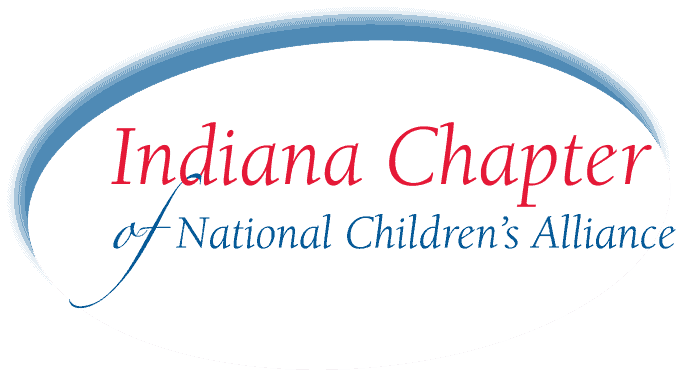When Kristine Cordts, Executive Director of Holly’s House Child Advocacy Center in Evansville began the lengthy process of National Children’s Alliance accreditation, she and her staff expected a lot of close interaction with the Board of Directors. But they had no idea how well it would prepare them for the future.
“We began the accreditation journey hoping to engage our Board,” says Cordts. The journey is one of the most significant administrative processes most CACs go through short of their initial grand opening. To become accredited, CACs must:
- Prove their facility is safe and secure for kids of all ages. This includes documenting everything from the safe storage of cleaning agents to the use of child-safe furniture and more.
- Verify all staff, multidisciplinary team members, and partners have undergone extensive training and professional requirements.
- Provide medical evaluation services through referrals or other partnerships, and that those providers are trained in trauma-informed care for children who have suffered abuse.
- Provide a host of other services, including victim advocacy, therapeutic intervention referrals or services, and more.
The whole process is spread across ten accrediting standards, each with multiple sub-standards.
“The process was difficult at times,” says Cordts. “But we found the Board’s excitement grew as we developed videos informing them about each standard. We’re now using these for Board and Partner Onboarding processes.”
Holly’s House staff took turns recording short videos explaining each standard and task, sometimes with walk-throughs for online-friendly requirements. Because each Board member, partner, and team member – including medical providers and referral sources – must take part, everyone had to do their part for the benefit of Holly’s House.
“Accreditation requires everyone involved with the CAC to demonstrate and prove specific requirements and competencies, no matter their professional background,” says Indiana Chapter Director Jan Lutz. “This includes an understanding of Indiana’s laws, medical and mental health best practices, and participation in other training programs like ChildFirst. For most CACs, it’s an eighteen-month-long process.”
For nonprofit organizations like Holly’s House, where Board members come from varied backgrounds in academia, business, or other industries, getting everyone to move forward to meet deadlines can be challenging. Cordts and her staff at Holly’s House not only used NCA accreditation as a process to further their breadth and depth of service, but also re-use the documentation, videos, and other resources to save time in the future for new staff, team members, and directors.
“When our re-accreditation comes up in five years, we think we’ll be able to save a lot of time since we’re using this process as a way to continually educate and document for new people as they come,” says Cordts. “It’s been a challenging process at times to document everything, but now that we have, we’ve never been more organized or better prepared for the future.” And, Cordts notes, “We could not be more grateful for Jan and the many Chapter Members supporting us,”
Holly’s House was informed they would be recommended for accreditation in late summer 2024. They will formally become Indiana’s newest accredited member in early 2025. With their accreditation, fully half of all the CACs in Indiana are NCA-accredited members.

